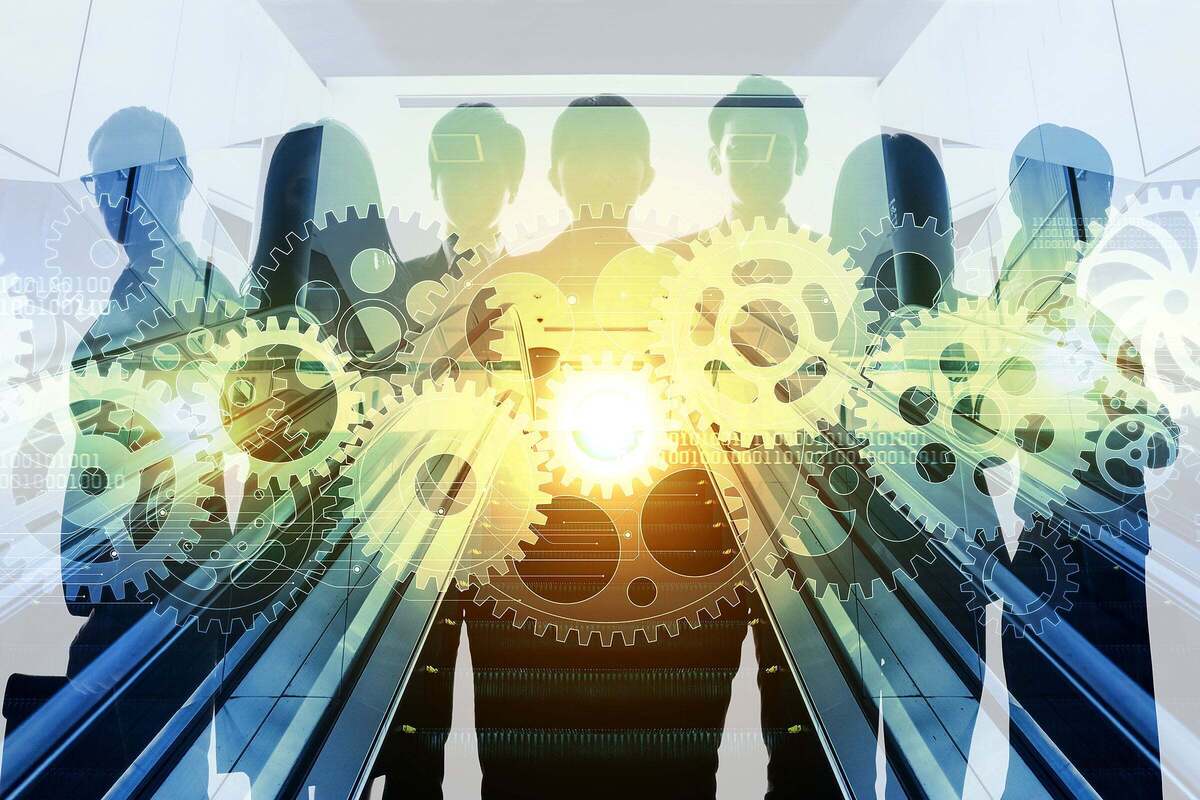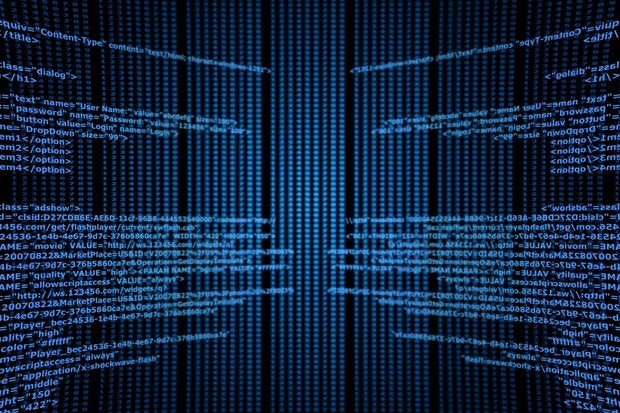“The web makes us less hopeless and alone”: a first-person account of a Ukrainian refugee
Yulia* is a 29 year-old Ukrainian designer who lived and worked in Kyiv until March, when Russia began its military assault on Ukraine. She fled, with her sister and her cat, to Utrecht in the Netherlands, where she is staying …

Yulia* is a 29 year-old Ukrainian designer who lived and worked in Kyiv until March, when Russia began its military assault on Ukraine. She fled, with her sister and her cat, to Utrecht in the Netherlands, where she is staying until she feels that it is safe to return home.
I never thought this would be me. I’ve been involved in various types of human rights activism since I was at university, but I never thought I would be someone fearing for my safety or the safety of my loved ones, or calling myself a refugee. I left Ukraine more than two months ago, with my sister. The rest of my family are still home in the far east of the country.
Of course my phone, and the internet, has been the most valuable thing I brought with me — aside from my cat, Sasha! I was lucky to have friends in the Netherlands who opened their home to me, so I didn’t have to make use of the websites where people offered couches and rooms to Ukrainians fleeing their country, but knowing that there were so many people willing to help, and make their support known, made the journey feel a lot safer and a lot calmer.
I am scared to think about what crossing the Polish border would have felt like without this constant connection to the people I am leaving in Ukraine and the friends I was traveling to. I felt safe, and visible. Visibility is key to safety, really.
We heard from others about the delays at the border and were able to share experiences of others who had gone ahead of us and find a safe time to go. I even used the web to find a safe way for me to transport Sasha! People on Facebook I didn’t even know responded to requests for advice about pet passports and cages. The thought of having her taken from me almost made me stay in Ukraine, but people on the web assured me that she would be fine. Luckily she was.
Now we are here, and settled — if one can ever be settled when one is following the terrible news from home. The web is allowing us to follow what is happening in real time, even more closely than one sees in the news media, because we get updates from friends and family across the country. I don’t know if this has ever happened in a war before in this way, where information has flowed so freely from so many people.
And as I said there is some safety, and certainly some accountability, that comes with visibility. We know from other conflicts around the world that bad things happen when people are cut off from communication, and when crimes are hidden. It is harder for that to happen when the web makes everything visible. And although we have seen devastating crimes in some areas, those crimes cannot be hidden, so we know they will not be unpunished.
Since arriving in the Netherlands the web has been my line to my family in Ukraine, and also kept Ukrainians united as they find themselves spread out across Europe. We are speaking to each other, even as we come from different backgrounds, using online groups and platforms. We are helping each other where we can, and we are encouraging each other to stay strong and stay hopeful. There is a sense of pride and resilience developing and we have to thank the web for making that possible. I can’t imagine how it would be without it.
And yes, practically, the internet is a lifeline for everyone. I have found some online freelance work already to help me pay our way here, and I know there are sites dedicated to helping Ukrainians find jobs. When a family member in Ukraine needs medical supplies, or if elderly people need food and supplies, there are networks of people inside and outside the country all working together to make sure people get what they need. I have friends who have dedicated themselves to looking after the pets abandoned or escaped from fear in Ukraine, and they have their own networks on the web too, getting them adopted or getting them to shelters.
None of this takes away from how terrible the situation is of course. While I understand that we can access the internet and networks in a way that I now see was easier than in some other conflict areas around the world, I don’t want to say we are “lucky” to have this basic human right (as I see it). This is the hardest thing I have ever experienced, but the web makes all of us going through it feel less hopeless and alone.
*Name has been changed
For more updates, follow us on Twitter at@webfoundation and sign up toreceive our newsletter.
To receive a weekly news brief on the most important stories in tech, subscribe toThe Web This Week.
Tim Berners-Lee, our co-founder, gave the web to the world for free, but fighting for it comes at a cost. Pleasesupport our work to build a safe, empowering web for everyone.





































